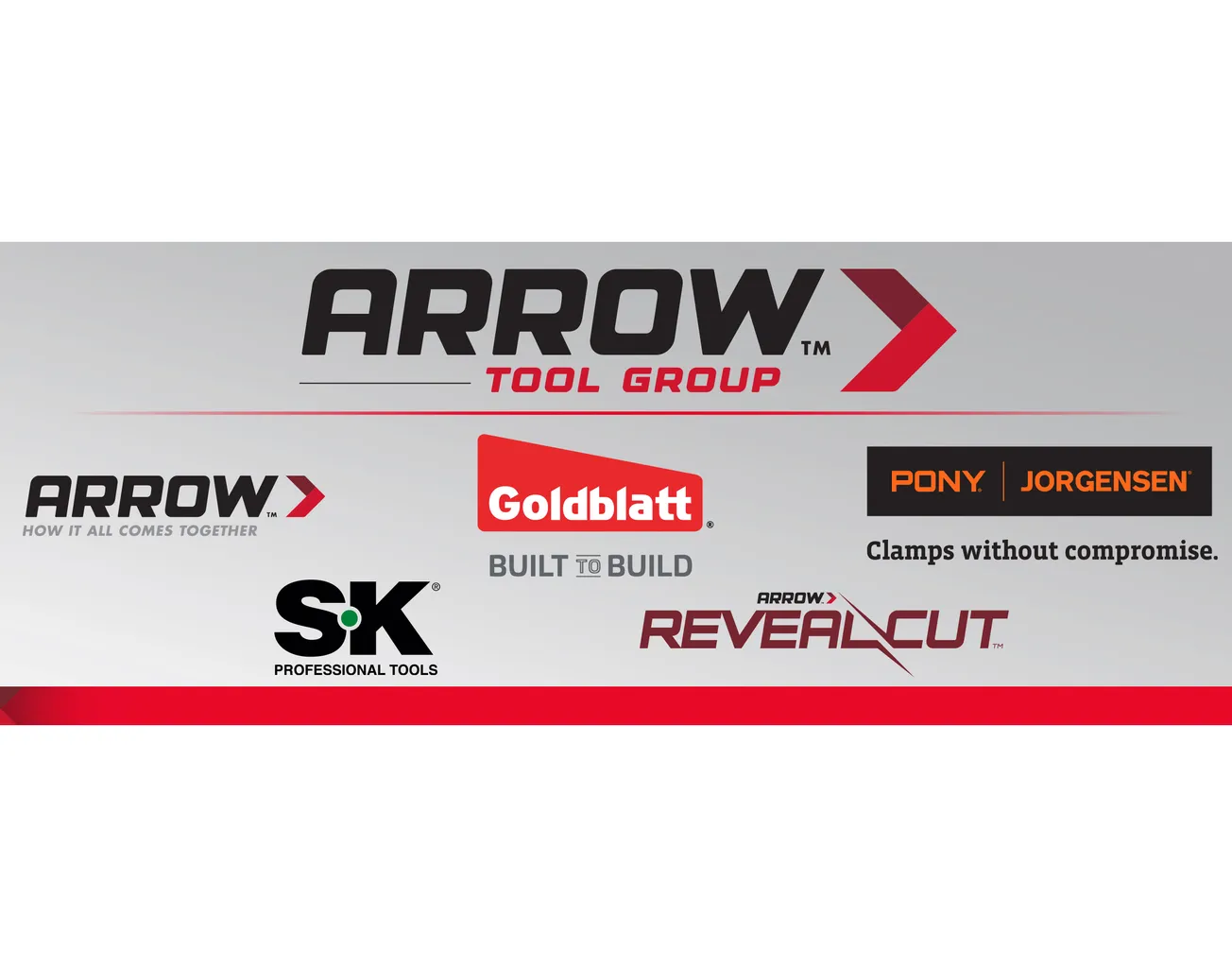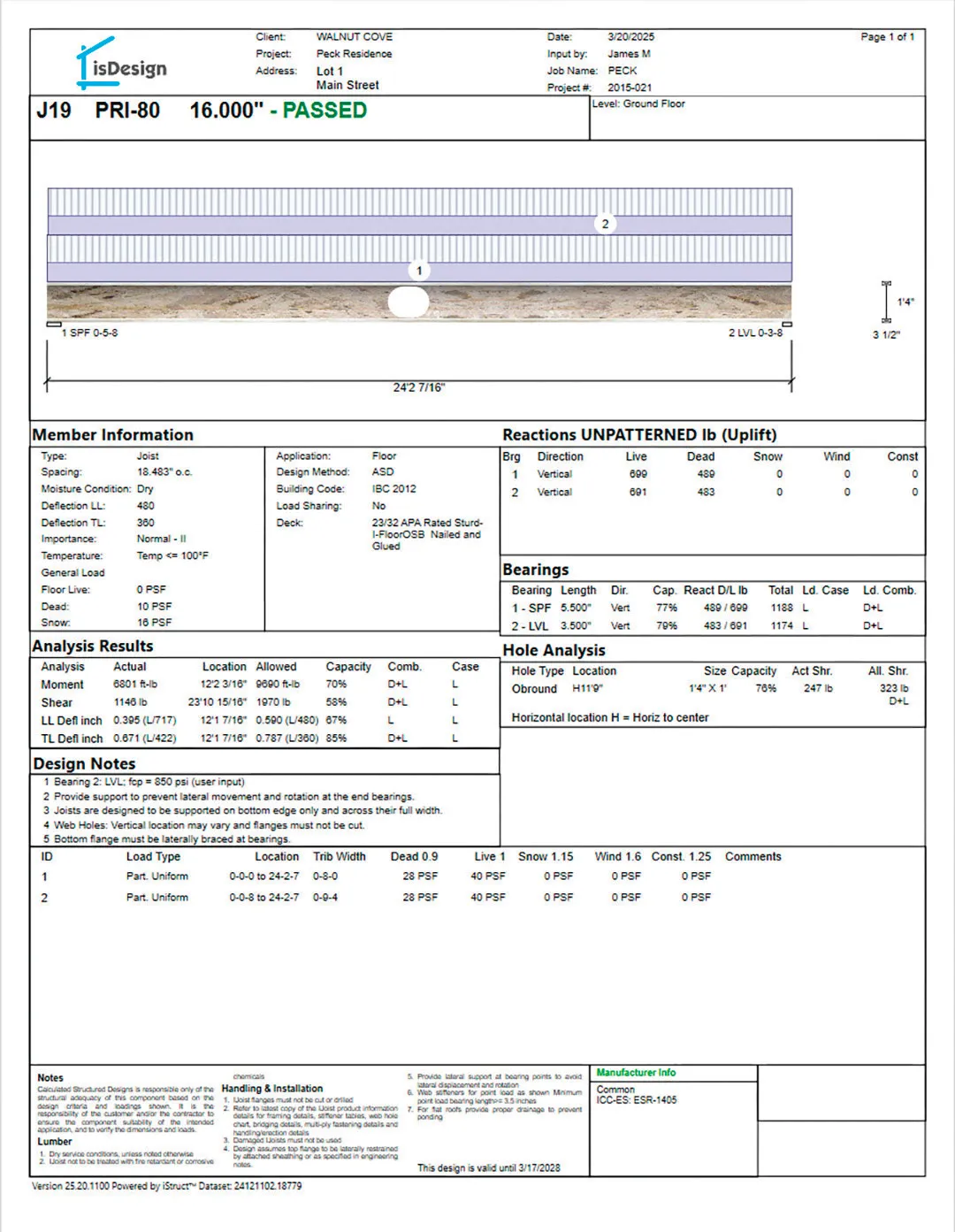Table of Contents
Sales is a relationship business and we, as salespeople, are the yang of that relationship. The customer’s job is to come up with reasons to wait, to think about it and to analyze the all the possibilities. Our job is to have the spirit of the possible, now. We are here to help our customers figure out a way that what we are proposing will work.
Many sellers see their job as presenting product, with or without giving the specifications, and then letting the customer decide. Others ask the customer to tell them what they need and do their best to satisfy that need.
While listening for and understanding customer need is important, in many cases customers have already told us what they need—we already know, so why are we asking again?! Often customers are unrealistic in what they need versus what they want to pay for. They exaggerate the options our competitors may or may not be able to supply.
When this is the case, which it often is, the most sellers fold while the master seller maintains a spirit of the possible and begins to change the customer’s mind—this is sales work.
Load the Gun
Most sellers come to the call with one solution and are not ready to close on that. Master sellers come to the call with many options and solutions. This accomplishes:
(1) It gives us more chances to close. Our closing percentage is based on how many times we ask for the order not how many calls we make or proposals we send.
(2) It gives the customer the feeling they have “shopped” the item or proposal, because we give them options.
(3) It sends the message that we care, which is the easiest to say yes to and the hardest to say no to.
(4) It makes us our customer’s trusted advisor. We are out of the “5/MBF” business and into the “partnership idea sharing” business, which is more profitable for us and our customers: working together as partners is always more profitable than working as adversaries.
(5) Even when we don’t get the business, it elevates our customers opinions of us. This ongoing “high opinion” of us held by our entire working rotation of accounts is called momentum. It builds over time, but only if we build it; Multi-option sales calls are how we build it.
If I Could, Would You?
Never say, “Let me check” again. The beauty of “If I could, would you” is that it works whether we know we can do whatever the customer is asking or not. “Check on…” is an easy way to get us off the phone or send us on an unrealistic errand.
Example:
Customer: “If they can do that 12’ & Longer and hold the shipment for four weeks, I might be able to look at it.”
Master Seller: “That would be great if we can get it done. But with that spec. we’re going to need a firm offer to get it done. If we can get the 12’ & Longer and hold it for four weeks, do we have an order?” (Be very specific in asking this question and how it is answered. Make sure you have asked specifically if it is an order and that the customer has specifically said, “Y.E.S.,” not “I’d take a look at it,” or “That’d be close to what we’re looking for,” or some other vague answer.)
Anticipation:
The Master Seller Way
Most sellers go to the customer with more questions than answers. They want the customer to tell them everything: the specifications, the delivery, the price, and the terms. Customers treat them as a nuisance because they are. They make the buyer’s job more difficult.
Master Sellers anticipate their customers’ needs. Even when they are not absolutely sure they make an anticipatory and educated guess or guesses based on similar customer’s needs. Even when the suppositions of Master Sellers aren’t correct they create discussion and respect.
They have several solutions available to speak about. The customer feels this preparation and is calmed and impressed by it. Sellers who are prepared receive a better hearing and have a much better chance of getting the business and more importantly are able to pull business from new customers.









